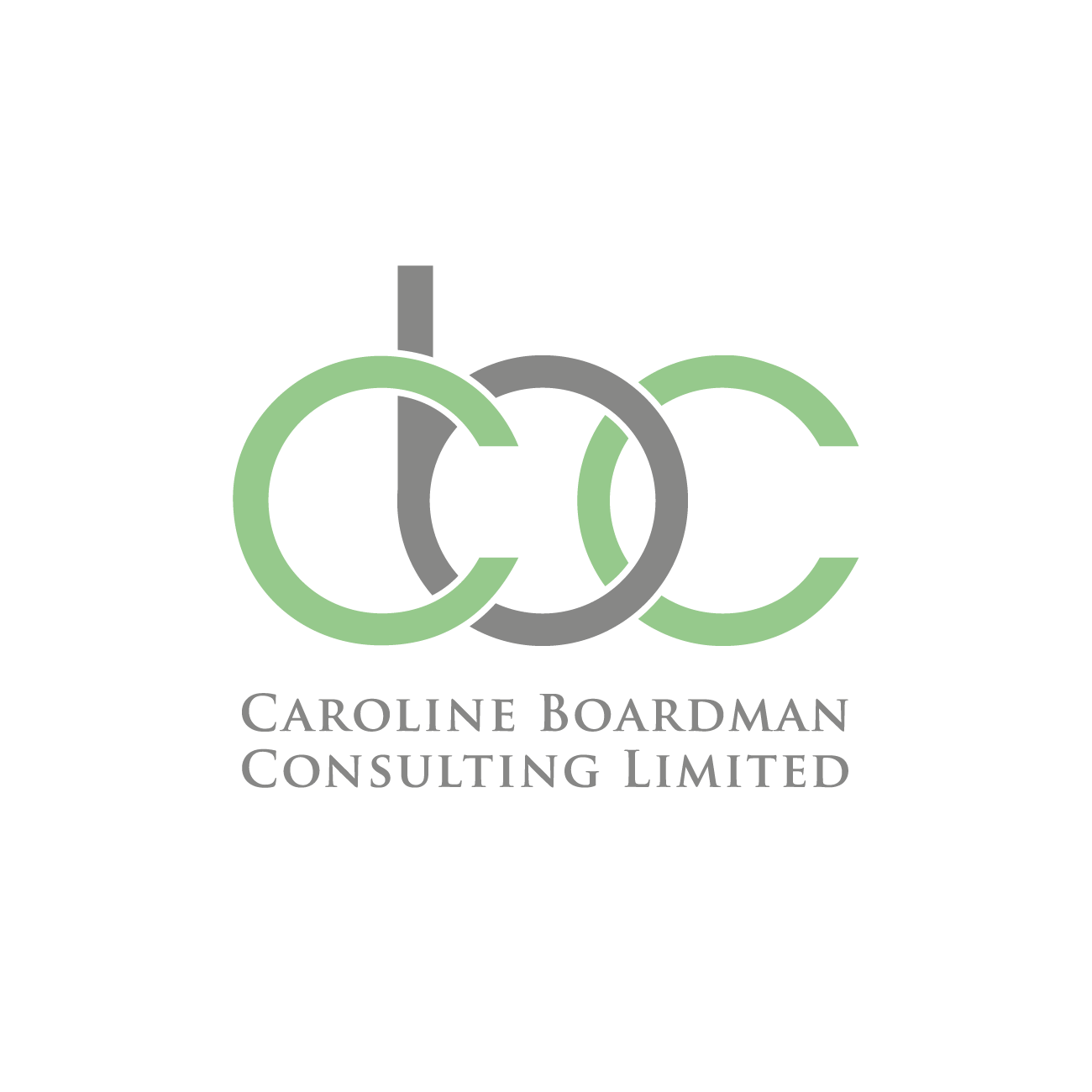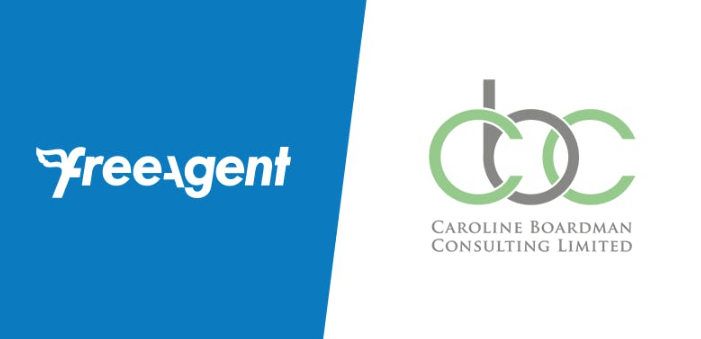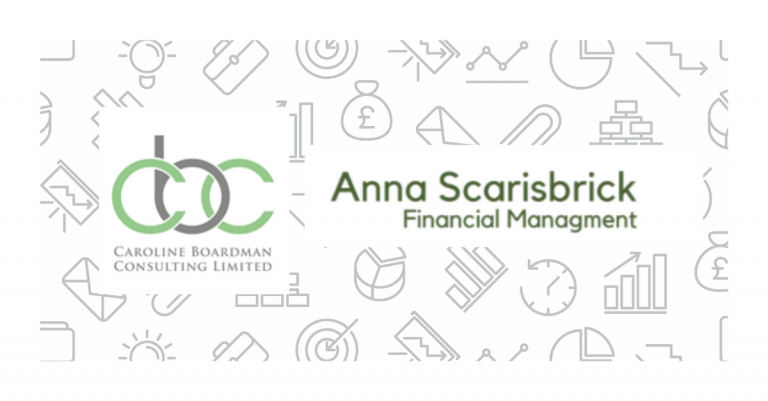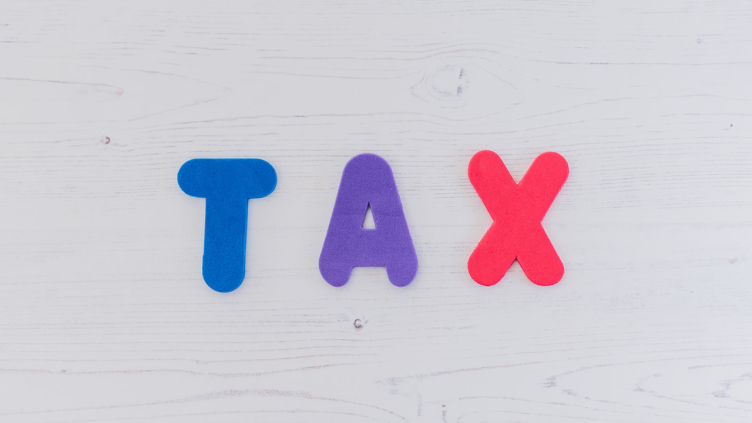I had a conversation with a fellow business owner recently; she wasn’t a client, and she was telling me how little she knew about UK tax when she set up her business. For example, she set up a Limited Company but didn’t know that she had to pay corporation tax, she was under the impression that self-assessment covered it all (ah, if only! 😊)
I know that sometimes, if we have a knowledge gap we see it as a challenge and go and find out more, whereas with other things, we bury our head in the sand. For some, tax is definitely a “bury your head in the sand” thing!
Self-assessment tax
Who of my clients needs to complete a self-assessment tax return?
– Sole traders, freelancers, self-employed.
– Directors if they have dividends over £2k from the business to report.
Some information about Self-assessment tax
– Everyone has a personal allowance of £12,570.
– 20% tax is charged on profits above this, up to £50k
– 10.25% Class 4 NI on profits above £9,881 up to £50k.
– Plus Class 2 NI of £164 per year on profits over £6,725.
– Payment on account may be due if your tax bill is > £1,000 for the year. See my previous blog post on this, here What is HMRC’s ‘payment on account’? – Caroline Boardman Consulting
– If you have an outstanding Student Loan, this is now paid through your self-assessment too, at 9% on profits > £21k. See more details about Student Loans here https://www.linkedin.com/pulse/5-things-you-need-know-student-loan-repayments-caroline-boardman
– Self-assessment tax returns and tax payments are due by 31st January each year but you can do the return any time after 6th April. Why do it early? Loads of reasons…. 5 of them here 5 reasons to file your tax return early – Caroline Boardman Consulting
NB. You can pay Class 2 voluntarily if your self-employed profits are below £6,725, essentially buying you NI credits. Please do note though that child benefit (amongst other benefits) will already be getting you NI credits, so don’t pay it unnecessarily.
Corporation Tax
Who pays corporation tax?
– Limited Companies
Some information about Corporation Tax
– 19% tax is charged on all profits (no allowance).
– You don’t get a bill for Corporation Tax. There are specific things you must do to work out, pay and report your tax.
– You must register for CT when you start doing business
– You must keep accounting records and prepare a Company Tax Return to work out how much Corporation Tax to pay.
– You must pay Corporation Tax or report if you have nothing to pay by your deadline – this is usually 9 months and 1 day after the end of your ‘accounting period’.
– You must file your Company Tax Return by your deadline – this is usually 12 months after the end of your accounting period.
– Your accounting period is normally the same 12 months as the financial year covered by your annual accounts (if you aren’t sure what this is you can look up your Limited Company on Companies House)
NB. From 1st April 2023, the rate will increase to 25% for companies whose profits are over £250,000.
A Small Profit Rate will apply to companies whose profits are less than £50,000 – these companies will continue to be taxed at 19%.
For those with profits in between £50,000 and £250,000, tax will be set at 25%, but these companies will be eligible for Marginal Relief which will reduce their effective tax rate (why make it simple, eh?)
Value Added Tax (VAT)
Who pays and charges VAT?
– Sole traders, partnerships or Limited Companies that are VAT registered.
– You cannot claim VAT back or add VAT to your sales invoices if you are not VAT registered.
– You must VAT register if your rolling 12-month VATable turnover is over £85k (so for the last 12 month period at any point in time). You can register as a sole trader or as a Limited Company.
– Once VAT registered, you must add 20% VAT onto all UK VATable income. Your VAT number must be included on your sales invoices. You can also claim back VAT on purchases from the date you VAT register. You can also claim pre-registration input VAT for 6 months to 4 years…. Speak to your accountant about this.
Read more about VAT here:-
5 things to consider for the VAT threshold – Caroline Boardman Consulting
Who’s afraid of the VAT? – Clear Day (clear-day.co.uk)
Pay as You Earn (PAYE) Schemes
You normally need to register as an employer with HM Revenue and Customs (HMRC) when you start employing staff, or using subcontractors for construction work. You must register even if you’re only employing yourself, for example as the only director of a limited company.
As a director of a Limited Company, it may be beneficial for tax purposes to pay yourself a salary through the business. Speak to your accountant about this. You can read more about it in my article here (specifically point 2) 5 important things when starting a Limited Company – Caroline Boardman Consulting
I hope this summary helps some of you to understand the UK Small Business Tax system more easily.
If you don’t know where to start with being newly self-employed, start here https://theoec.co.uk/shop



